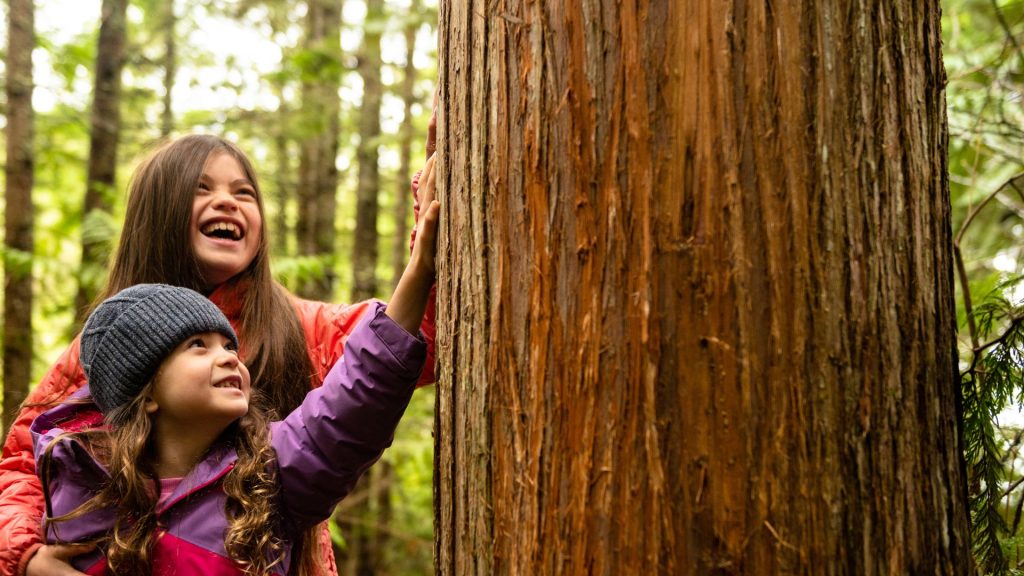How we connect with other people and the planet can greatly impact our mental health. Our connections with others and the environments we live in are integral components of our mental and emotional well-being. This article explores the multifaceted ways in which our relationships with others and our planet impact our mental health, and why nurturing these connections is essential for a balanced and fulfilling life.

Connections with Others: The Web of Human Bonding
Human beings are inherently social creatures, wired to seek companionship, understanding, and mutual support. The connections we forge with family, friends, romantic partners, and even acquaintances contribute to our mental and emotional resilience. Meaningful relationships provide us with a sense of belonging, validation, and emotional safety.
- Social Support and Stress Mitigation: Interpersonal relationships serve as a buffer against the stresses of life. Trusted individuals offer emotional solace and practical assistance during challenging times, diminishing the negative impact of stress on mental health.
- Enhanced Self-Esteem: Positive relationships nurture a healthy self-concept. When we feel loved, valued, and appreciated by others, our self-esteem receives a significant boost, leading to improved mental well-being.
- Empathy and Emotional Regulation: Meaningful connections facilitate the expression and understanding of emotions. Sharing our feelings with others fosters emotional regulation and allows us to process experiences in a healthy manner.
- Sense of Purpose: Relationships often provide us with a sense of purpose and responsibility. Caring for loved ones or contributing to a community fosters a sense of belonging and adds a layer of meaning to our lives.

Connections with the Planet: Nurturing Ecological Mindfulness
Beyond human relationships, our connection with the planet plays a crucial role in our mental health. As inhabitants of Earth, our well-being is intricately linked to the health of our environment.
- Nature’s Therapeutic Impact: Scientific research consistently demonstrates the mental health benefits of spending time in nature. Exposure to natural environments reduces stress, anxiety, and depression, while enhancing mood and cognitive function.
- Ecological Identity: Developing a sense of interconnectedness with nature cultivates an ecological identity. Recognizing that our well-being is tied to the planet encourages us to adopt sustainable practices, promoting a sense of responsibility for the Earth’s health.
- Climate Anxiety and Eco-Grief: However, the state of the environment can also contribute to negative mental states. Climate anxiety and eco-grief arise from the distress caused by environmental degradation and the looming threat of climate change. Acknowledging these emotions is crucial for addressing and managing them effectively.
The Ripple Effect: How These Connections Interact
Our connections with others and the planet are not isolated; they interact and amplify each other’s effects on our mental health.
- Social-Ecological Model: The social-ecological model emphasizes that individual well-being is deeply intertwined with the well-being of others and the environment. Strengthening one aspect of connection positively affects the others, creating a ripple effect of improved mental health.
- Collective Efficacy: As our awareness of our interconnectedness deepens, we can collectively work towards creating positive change. Addressing environmental issues and nurturing human relationships can lead to a heightened sense of collective efficacy, which contributes to improved mental health on a societal level.
As we navigate the complexities of modern life, it is imperative to recognize the intricate tapestry woven by our connections with others and our surroundings. Nurturing and paying attention to these connections offers us the opportunity to bolster our mental health, foster resilience, and contribute to a more harmonious world. As a mental health provider group we urge individuals, communities, and societies to prioritize meaningful relationships, embrace nature, and work collaboratively to safeguard both human and planetary well-being. By doing so, we honor the delicate balance that sustains us all.


